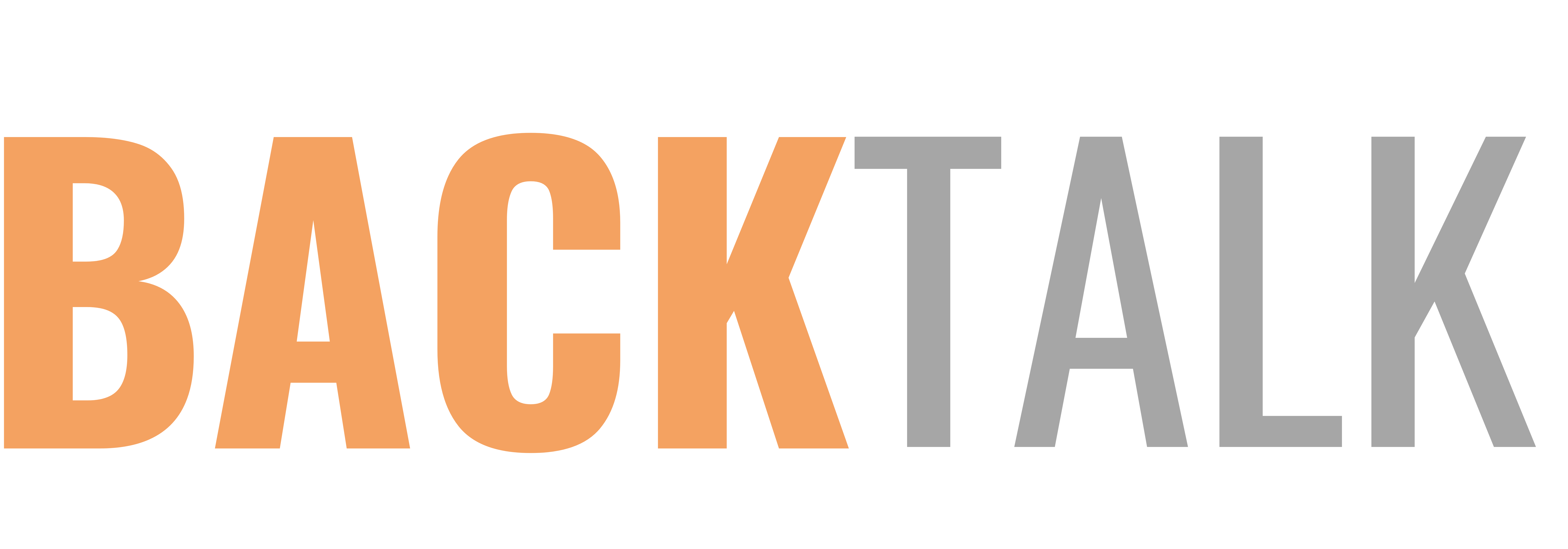The warmer months of 2021 ended up being one of the worst wildfire seasons in history, particularly on the West Coast of the United States. The pandemic and the wildfires combined to create a particularly challenging situation, with the fires exacerbating the impact of the pandemic in many ways.
Air quality was the most noticeable and affecting factor. Smoke from the fires blanketed much of the West Coast, causing hazardous air conditions for weeks on end. This posed a serious health risk for those who were already struggling with respiratory illnesses or other health issues related to the pandemic. People who were infected with COVID-19 were also at higher risk, because of the impact of the smoke on their respiratory systems.
Small businesses also suffered. In many cases, businesses were forced to close for days or even weeks because of the smoke and the danger posed by the fires. This added another layer of hardship for business owners who were already struggling to keep their doors open.
In addition, the fires posed a risk to first responders and other essential workers who were already stretched thin because of the pandemic. Firefighters, police officers, and other emergency responders were working around the clock to fight the fires and keep people safe, all while facing the same risks of infection as the general public.

